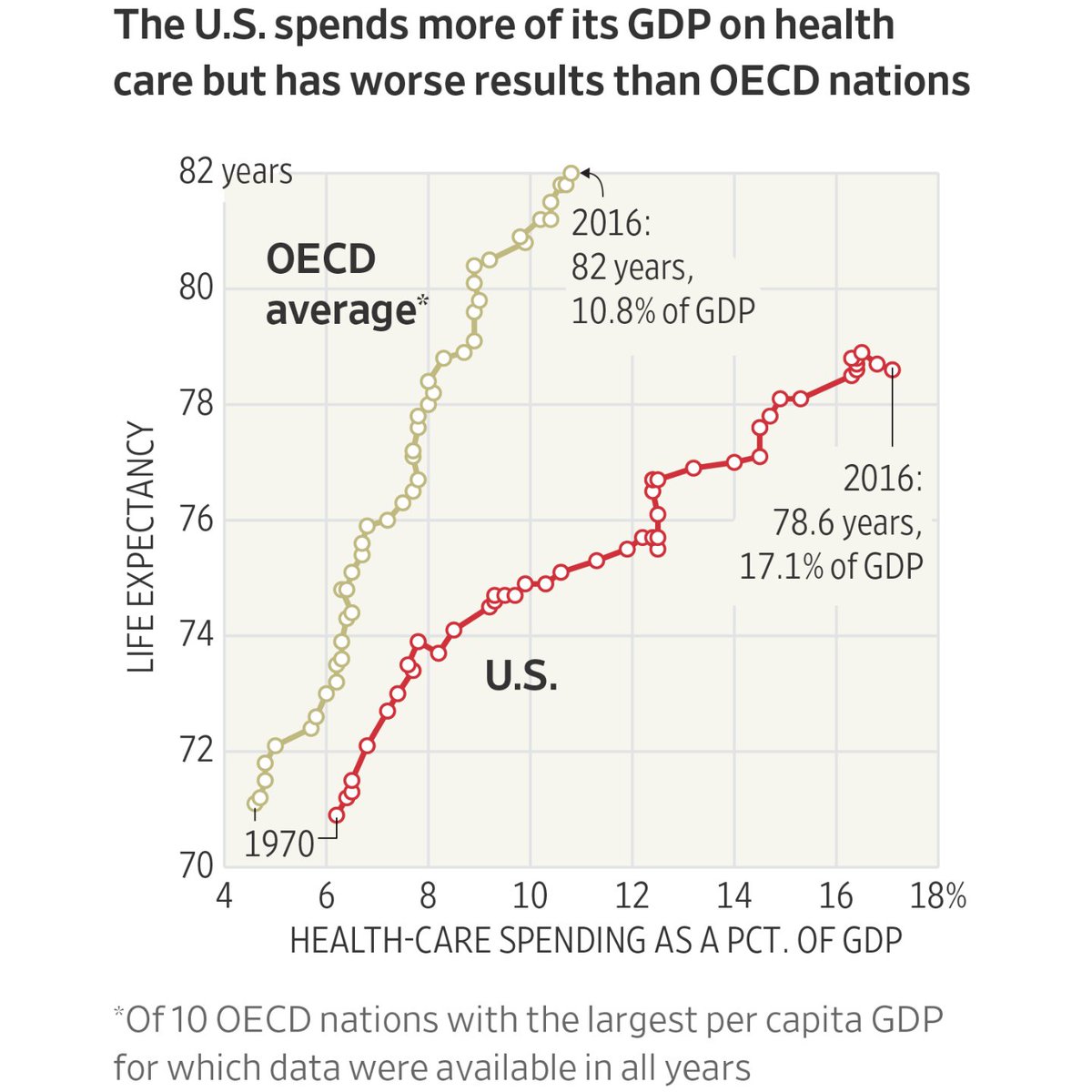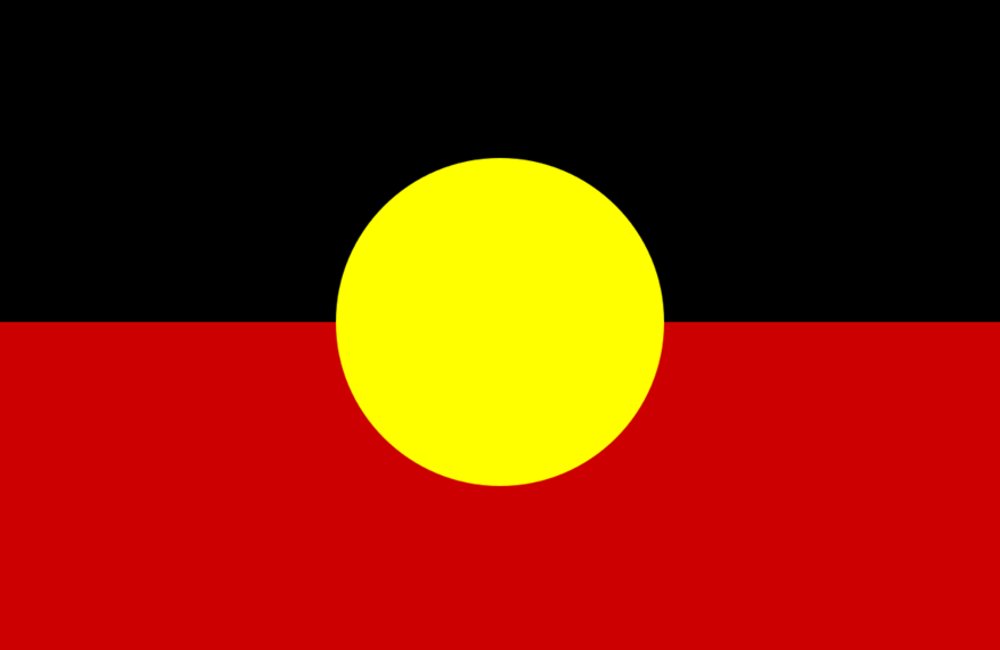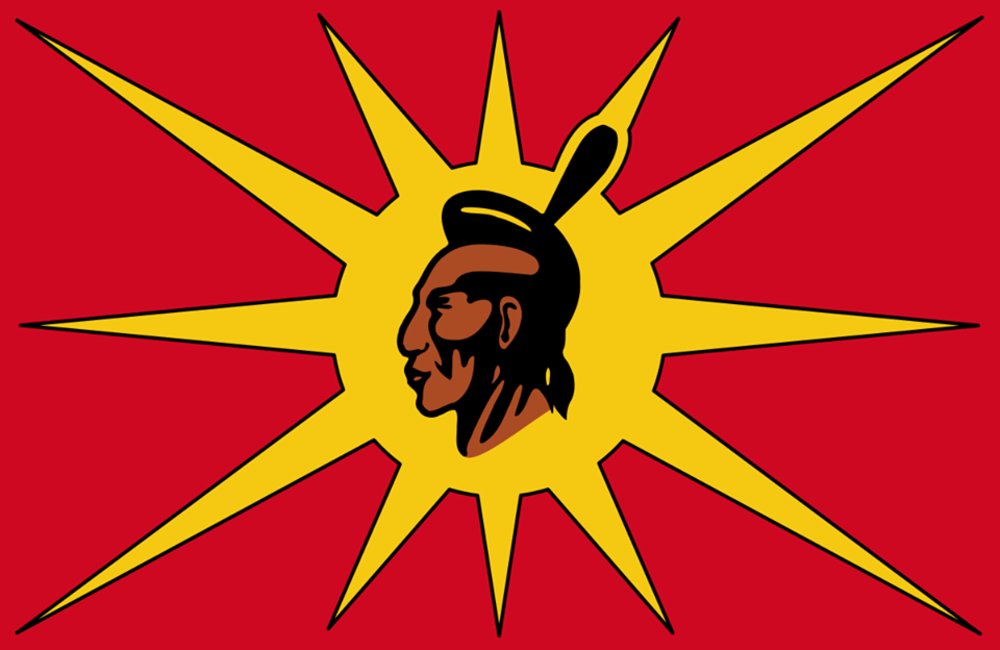
How to get URL link on X (Twitter) App





 - English-speakers called it a turkey, thinking it the same bird as the African guineafowl imported from Turkey at the time. Turks called it a hindi, thinking it from India. Same with the French (poulet d’Inde - literally “chicken from India”), Dutch (kalkoen, a contraction of
- English-speakers called it a turkey, thinking it the same bird as the African guineafowl imported from Turkey at the time. Turks called it a hindi, thinking it from India. Same with the French (poulet d’Inde - literally “chicken from India”), Dutch (kalkoen, a contraction of 

 Now, Indigenous nations are reclaiming the flag as a source of cultural pride - and their designs are more beautiful and meaningful than any colonial flag.
Now, Indigenous nations are reclaiming the flag as a source of cultural pride - and their designs are more beautiful and meaningful than any colonial flag.




 The biggest regret - aside from, you know, destroying the planet - is that this one time gift of concentrated energy wasted. Fossil fuels weren't used to create thriving, livable communities.
The biggest regret - aside from, you know, destroying the planet - is that this one time gift of concentrated energy wasted. Fossil fuels weren't used to create thriving, livable communities.